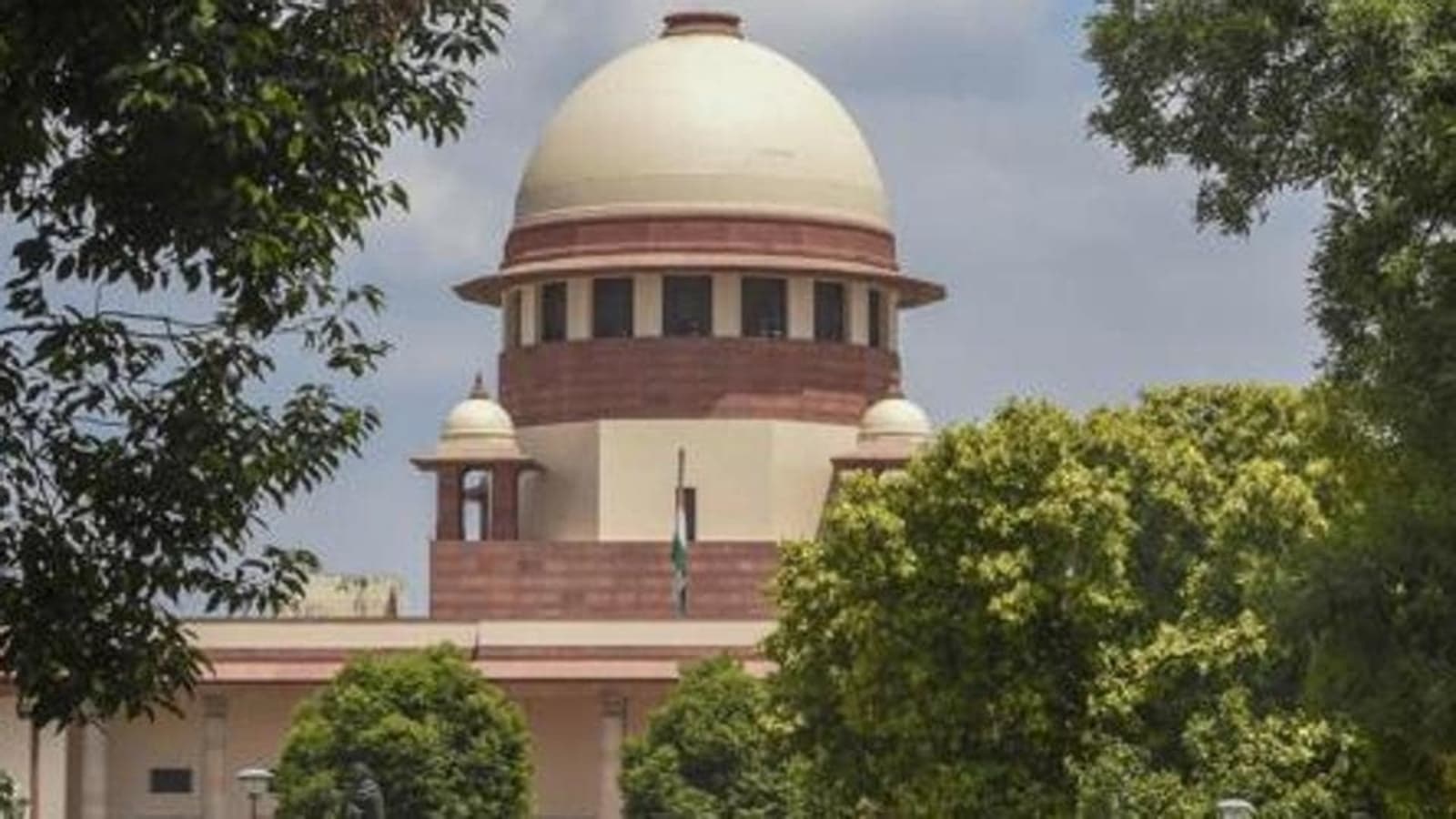 |
|
The Supreme Court of India is poised to deliver a crucial ruling on the retrospective application of its recent judgment concerning the states' right to levy taxes on minerals and mineral-bearing land. This decision holds significant implications for both state finances and the mining industry, potentially influencing the economic landscape of the nation.
The Court's July 25th verdict, delivered by a nine-judge bench, declared that royalty charged on mining is not a tax but a contractual payment made to the Centre. This distinction empowered states to impose an additional levy on mineral rights, leading to potential revenue gains for resource-rich states like Jharkhand, Odisha, Chhattisgarh, and Rajasthan. However, this ruling also sparked a debate regarding its retrospective application, as industries expressed concern over potential financial strain and the need for legal clarity.
The court, recognizing the complexities and potential economic impact of applying the ruling retrospectively, has indicated its intention to set specific conditions to mitigate unintended consequences. The bench, led by Chief Justice of India Dhananjaya Y Chandrachud, acknowledges the need for states to generate revenue but also emphasizes the potential for legal complexities and financial burdens on industries, particularly those with long-standing contracts and commitments. They aim to strike a balance, ensuring fairness and predictability for both parties.
The court is considering setting a cut-off date, possibly aligned with the 2004 Kesoram Industries Ltd. ruling, to limit the retrospective impact. This approach seeks to provide clarity and stability while addressing concerns over potential financial burdens on industries due to back taxes. The court is emphasizing a uniform approach, aiming to avoid state-by-state variations that could exacerbate complexities.
The decision to allow retrospective application could bolster state revenues but might also lead to litigation and financial strain on industries. Limiting the retrospective effect could provide relief to companies but might be seen as a setback for states seeking to assert their fiscal rights. The Supreme Court's final decision will have profound ramifications for the mining sector and the country's fiscal federalism, shaping the balance of power between states and the Centre in resource management.
Source: SC to set conditions on retrospective mineral tax ruling to provide clarity
